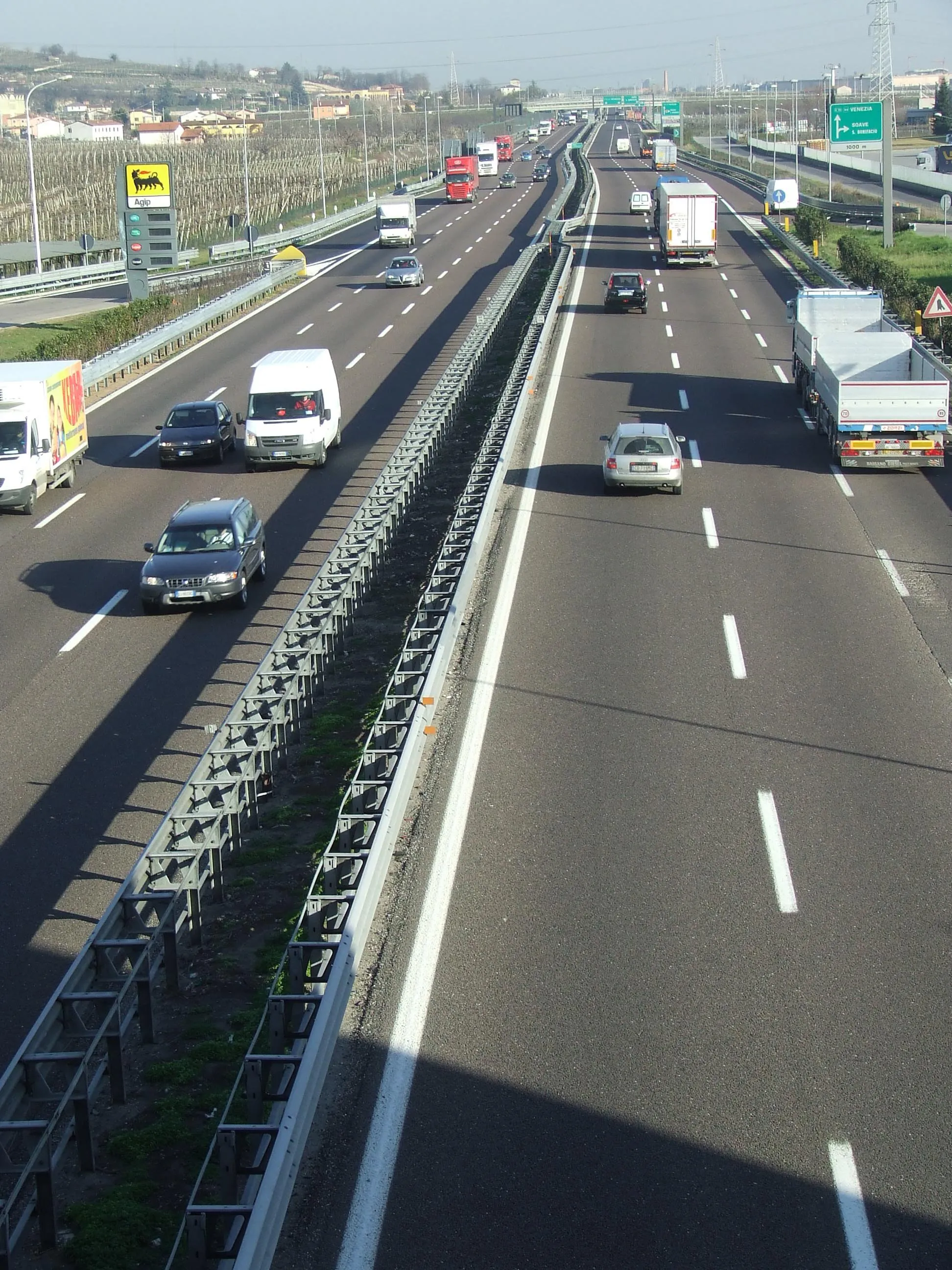European Union and OECD countries will be confronted with a considerable slow down of economic growth and transport activities after a year of feeble economic growth. This is the forecast in the IRU [International Road Transport Union] Road Transport Indices, which allows the comparison of GDP growth, road freight transport volumes and new vehicle registrations in 58 countries. IRU head of sustainable development, Jens Hügel highlighted that “when comparing the 2010 and 2011 figures, BRIC [Brazil, Russia, I
March 22, 2012
Read time: 2 mins
European Union and OECD countries will be confronted with a considerable slow down of economic growth and transport activities after a year of feeble economic growth.
This is the forecast in the IRU [IRU head of sustainable development, Jens Hügel highlighted that “when comparing the 2010 and 2011 figures, BRIC [Brazil, Russia, India, China] countries have outperformed OECD [Organisation for Cooperation and Development] countries in terms of growth in tonnes transported and will continue doing so in 2012.
“In fact, transport operators from BRIC countries transported 7.7% more goods in 2011, whereas transport operators in the OECD and
The 2012 forecast for OECD and EU countries shows that growth in transport volume will slow down to 0.9% and 0.8% respectively, before finally stagnating in the 3rd and 4th quarters. New vehicle registrations for the first 2 quarters of 2012 will increase for the OECD and EU by 0.9% and 0.7%, before equally coming to a hold in the second half of the year.
Hügel added: “After a modest recovery in OECD countries in 2011, uncertainties will increase and the current financial turmoil will again impact the real economy.
There are many parallels to the 2008 economic crisis situation as well as early signs that the OECD and EU are heading for a double dip recession. However, this new recession is not unavoidable. There are political options to prevent it and it is imperative to learn from how BRIC countries coped with the last crisis.”
The fact that BRIC countries are outperforming OECD and EU countries results from their understanding that both systemic innovation and major investment in production tools, including in small and medium-sized enterprises that provide 85% of jobs, such as road transport companies, are instrumental in expediting real economic growth.
In order to avoid a new recession and restore sustainable economic growth in 2012, governments should recognise, as do BRIC countries, that road transport is a non-subsidised production tool, which interconnects all businesses in all regions, to all world markets with its high quality and unique door-to-door services, and should thus be promoted and further facilitated, says the IRU.







